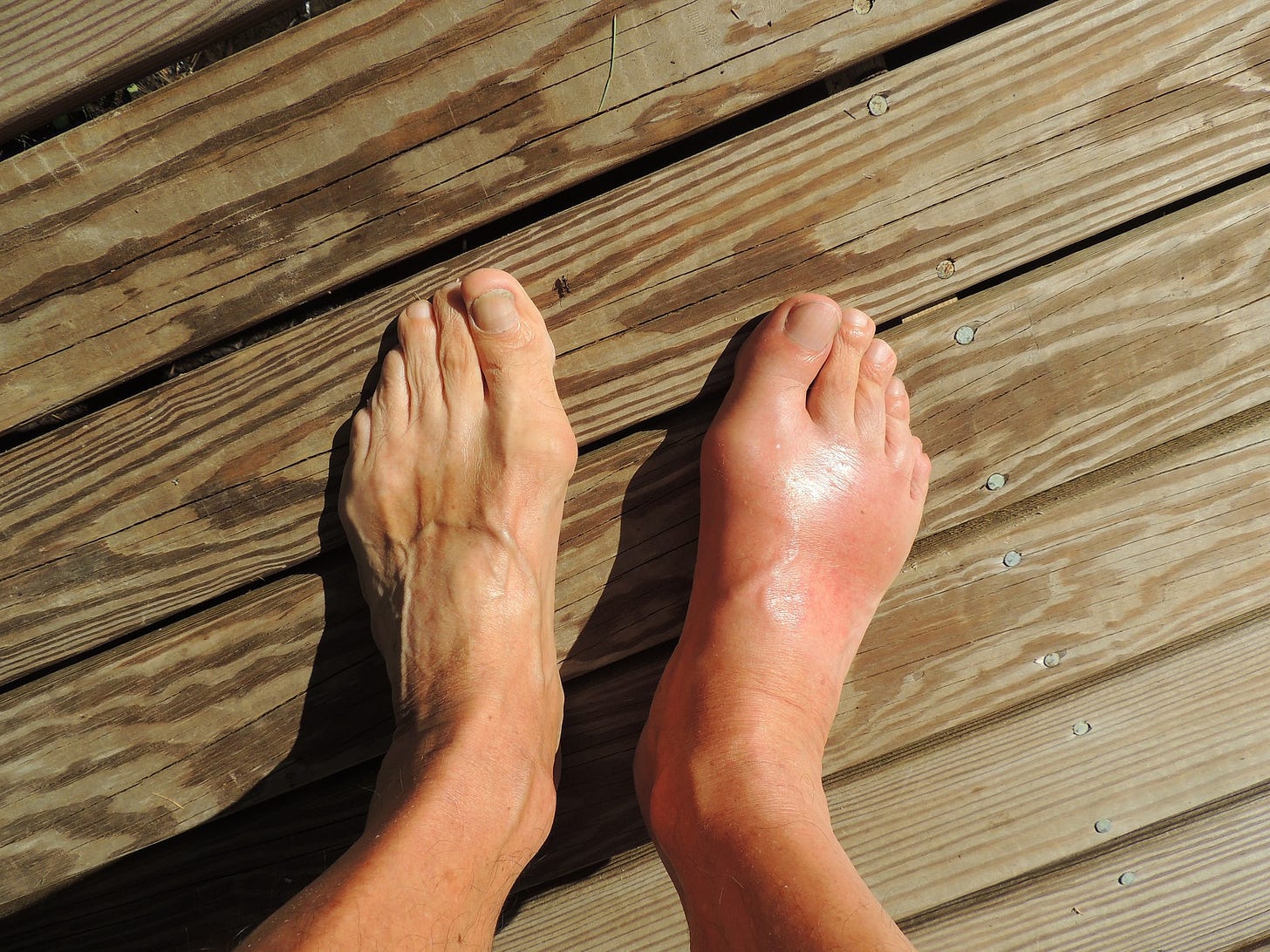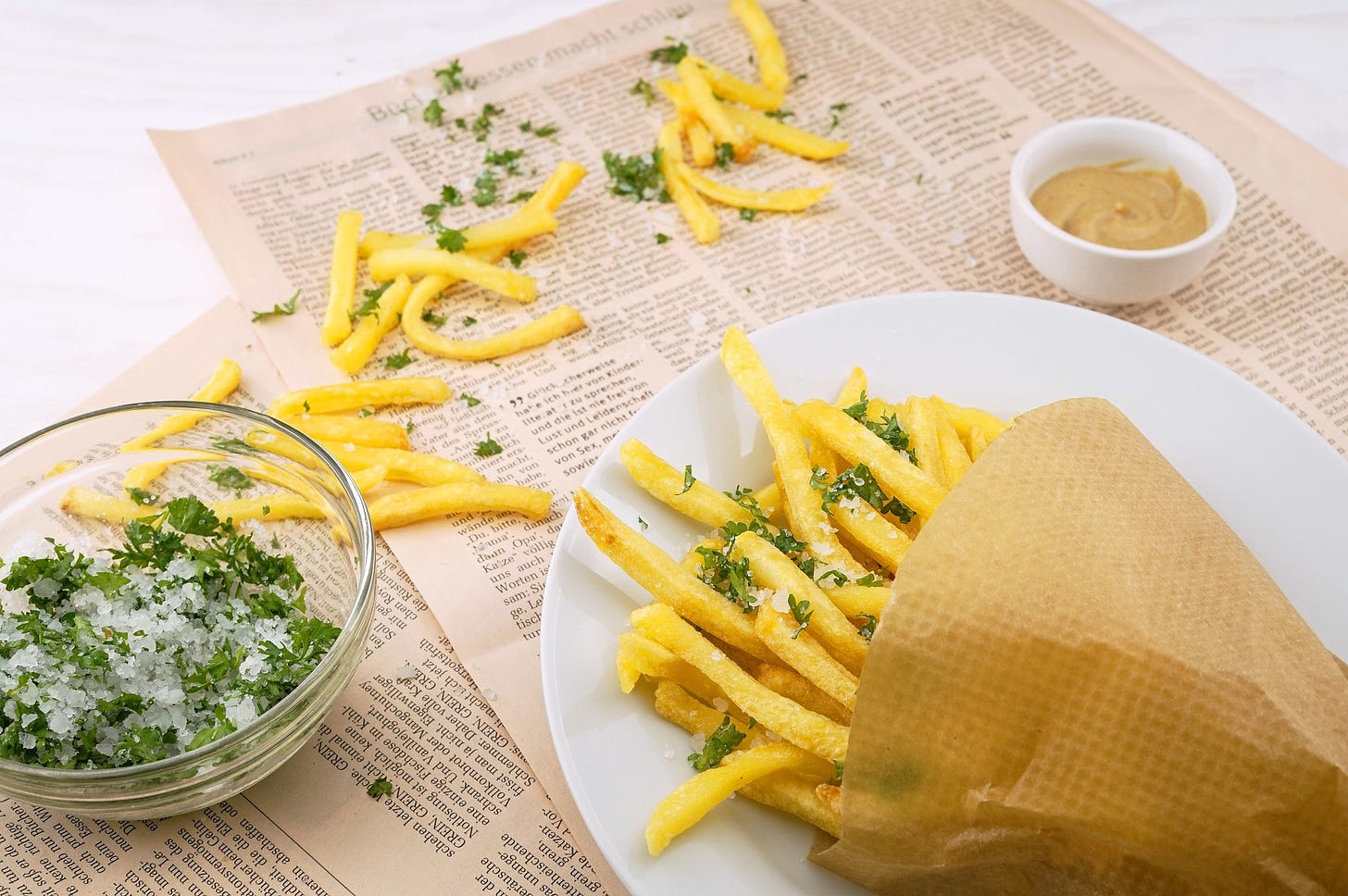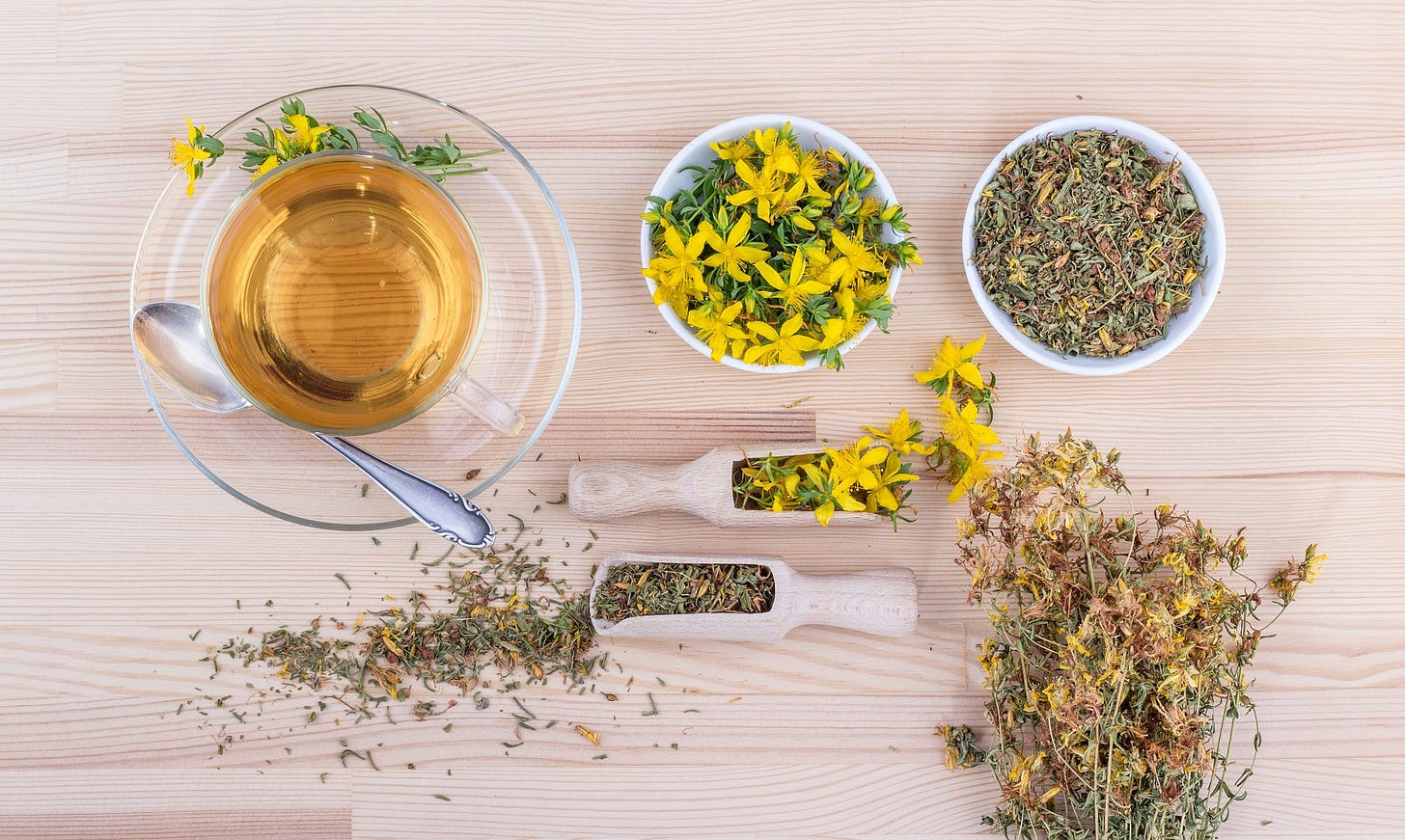Gout is a form of form of arthritis and symptoms occur when excess uric acid in your body forms crystals in the joints. The body treats these crystals like a foreign body and attacks them with white blood cells. The white cells, in turn, release inflammatory chemicals called cytokines into the joint fluid. The cytokines bring in more white cells, and on it goes.
“The joint becomes a battlefield, with inflammation becoming worse over time, leading to debilitating pain and stiffness, and with the affected joint becoming swollen and red. Over time,the condition can damage the joint and lead to deformity and immobility.
Causes are usually of lifestyle and eating origin, especially highly processed foods that contain high fructose corn syrup which is believed to be a leading contributor to gout.
In fact, just a few daily sugary drinks create an 85% higher risk of developing gout (journal BMJ, 2017). Being obese or overweight, having insulin resistance, kidney disease, stress, high blood pressure, and an acidic system are also known risk factors.
Other dietary causes include large amounts of high purine foods such as organ meats, anchovies, herring, asparagus, and even mushrooms, as well as hydrogenated fats, alcohol, and refined carbohydrates.
Symptoms of the condition can include fever, fatigue, chills, and loss of appetite, as well as increasing the risk of developing high blood pressure and kidney stones.
It’s a serious condition, so I’ve outlined some natural methods to combat the issue.
Holistic Gout Remedies
Food Therapy:
If you want to overcome gout then diet is key. Follow this gout diet for fast relief and to actually address the cause of gout and get rid of it forever.
High-fiber foods – High fiber foods include fruits, vegetables, nuts and seeds that are high in fiber which can help reduce uric acid.
Potassium-rich foods – Foods high in potassium like avocado, raw cultured dairy, coconut water, salmon, squash, bananas and apricots can help balance intracellular fluid relieving gout.
Cherry juice is a common home remedy for gout. Drinking eight ounces of 100% tart cherry juice every day for four weeks can significantly lower the amount of uric acid in blood. Cherries also contain compounds called anthocyanins, which are naturally anti-inflammatory.
Apples naturally lower uric acid levels as they’re high in fiber, a nutrient that absorbs uric acid from the bloodstream so the body can eliminate it. They also contain malic acid, which can neutralize negative effects of uric acid that’s already in the body.
Ginger root has anti-inflammatory properties. Use it either when cooking or add half a teaspoon of ginger root to boiling water and drink the mixture once it has cooled.
Celery Seeds - rich in luteolin, a compound that slows the production of uric acid (Yan et al, Food Chemistry, Dec. 15, 2013). Green peppers also contain luteolin and might be beneficial.
Pineapple - has anti-inflammatory and pain-relieving properties tied to the bromelian enzyme. A cupful of fresh diced pineapple daily for one week may be helpful in easing the pain associated with gout. Canned pineapples usually preserved in sugary syrup would make them unsuitable for this purpose.
Water - if you’re suffering from gout pain and swelling, it is important to stay hydrated and drink lots of water. This will help to flush the uric acid out of your body, keeping gout under control.
Wild-caught fish – Omega-3s help reduce inflammation and can help overcome gout pain.
Avoid the following foods:
Foods high in purines – Purines are an amino acid that forms uric acid. Foods that have purines include: fatty red meat, shellfish, small fish, mushrooms, organ meats, peas, lentils, and spinach.
Fried foods and hydrogenated oils – Fried foods and hydrogenated oils like soybean, vegetable, corn, and canola oil can aggravate gout.
Sodium – A diet high in sodium can cause tissue swelling and increase gout symptoms.
Alcohol – Increases uric acid and toxicity of the liver.
Refined carbohydrates – Sugar and other refined carbohydrates, as well as trans-fatty acids in margarine, shortening, baked goods and commercial food preparations including salad dressings, increase uric acid production.
Nutritional Supplements
Lemon water - a 2015 study found that adding the juice of two freshly squeezed lemons to 2 liters of water each day reduced uric acid in people with gout.
Apple cider vinegar has a long anecdotal history for treating gout as it has anti-inflammatory properties that can help to reduce pain and inflammation. Additionally, apple cider vinegar can help to regulate the body's pH levels, and so is incredibly beneficial for overall health.
Quercetin 200-400 mg x 2 daily
Bromelain, 250 mg three times daily between meals – a powerful anti-inflammatory
1 tablespoon flax seed oil daily to prevent inflammation
Alfalfa and wheat grass are excellent choices as high source of minerals and nutrients to help neutralize high uric acid levels.
Sodium bicarbonate (baking soda) may be used for treating the symptoms of gout through improved alkalinity, keeping uric acid level under control. Half a teaspoon of baking soda dissolved in water may be taken 2-3 times per day on an empty stomach.
Herbal Remedies
Horsetail Leaves
St. John’s Wort Extract
Nettle Leaf
Parsley Leaf
Dandelion tea to help support liver and kidney functions
External Therapies
Bentonite Clay, hydrated
Cajeput Oil
Lemon Oil
Rosemary Oil
Full Epsom salt baths 3 times a week and salt foot baths twice daily provides relief, cold packs can be applied to the affected joints.
Exercise
How could you ever exercise with the pain of gout? You can and it will actually help to break up the uric acid crystals. Begin by taking a 20 minute walk a day to also maintain a healthy weight and become gout free.
Exercising also increases circulation and can help to keep the body at a healthy weight, strengthen the muscles and joints - all which can help to improve mobility and reduce pain. Finally, exercise can help to improve overall health and wellbeing, which is also a factor.










